How we can track our bodies ourselves with health tests
Health is the new megatrend. Fitness exercises, resilience and conscious nutrition have been defining the zeitgeist of our society for years. Since the coronapandemic the health awareness of Germans has has increased further and it has clear: there is nothing more important than health.
That’s why we pay more attention to our own well-being, take responsibility for our health and try to understand our body and mind better. Preventive measures, check-ups and medical tests are the key to detecting illnesses at an early stage, getting to the bottom of the causes of complaints and keeping an eye on relevant reference values.
With the help of modern medicine and its latest technologies, we can track our body and state of health ourselves at any time. track and check.

In a way, our blood is a reflection of our health. This is why the blood count is determined as part of many routine examinations to check our general constitution. But even outside of these routine checks, blood tests are often carried out to find the causes of specific complaints or to uncover underlying diseases.
Modern laboratory tests not only provide information about current inflammation levels and associated acute illnesses, but also about the general ratio of our blood cells, the body’s own hormone balance, the concentration of our nutrients and the coagulation status of our blood. The following laboratory values in particular are frequently measured:
Nutrient deficiency
From a nutritional point of view, it is interesting to determine the nutrients and vitamins in the blood count in order to obtain initial indications of iron deficiency anemia, a vitamin B12 deficiency or a folic acid deficiency, for example.
Hormone status
The hormone level in the blood can be measured to clarify hormonal disorders. Measuring hormone concentrations is particularly relevant during the menopause, in the case of menstrual cycle disorders, unfulfilled desire to have children or thyroid disorders.
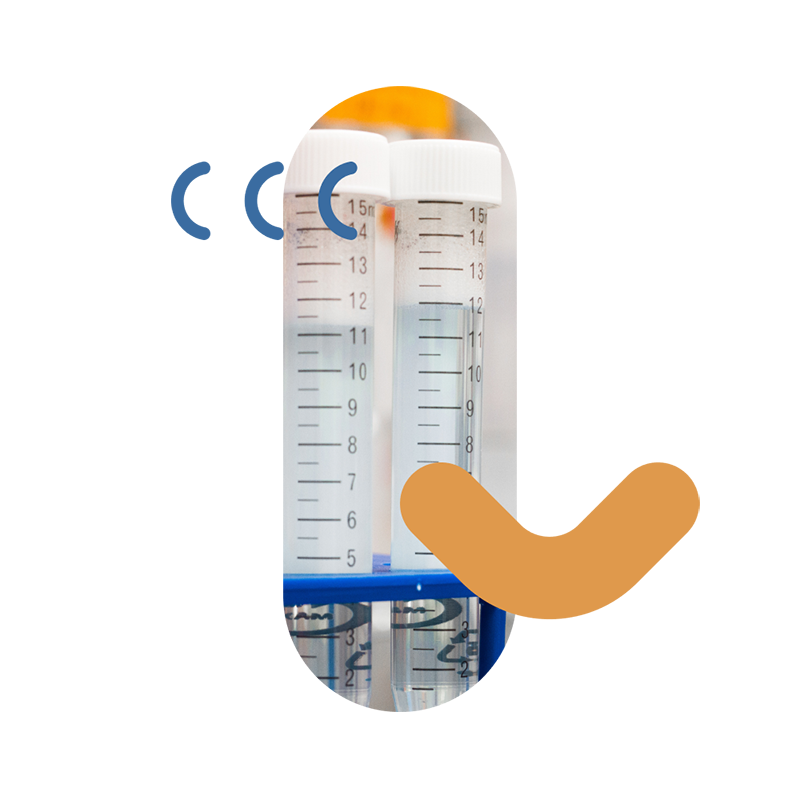
Corona test
The corona test is used to detect corona function and can be carried out using a nasal swab.
Infectious diseases
Respiratory diseases can be tested using a throat swab, for example. A breath test is carried out for the equally common Helicobacter infection, which can trigger inflammation of the stomach lining.
Thyroid function
Iodine deficiency, inflammation, autoimmune diseases and thyroid cancer can affect the thyroid gland. But an unhealthy lifestyle with constant stress can also have an unfavorable effect and trigger symptoms. The thyroid function or TSH value can be measured by taking a blood sample. and an over- or under-function can be determined. Check thyroid levels now.
Diabetes mellitus
Diabetes mellitus (diabetes) is an umbrella term for various metabolic diseases. What they all have in common is that they lead to increased blood sugar levels because the patients have a deficiency of the hormone insulin and/or the insulin effect is reduced. This can be determined by a blood test and the HbA1c value is checked. Check HbA1c now.
Tumor markers
As certain proteins (glycoproteins) are produced in increased quantities in some cancers, blood tests can be used for the early diagnosis of cancer.
Coagulation disorder
Intact blood coagulation is vital. For this reason, the coagulation values are also determined with every blood count in order to protect the body from potential bleeding or blood loss.
Fat metabolism disorder
To determine the blood lipid values, the laboratory determines the total cholesterol, HDL and LDL cholesterol as well as the triglycerides. According to these results, a change in diet or lifestyle can be advised. Book a Lipid test.
Osteoporosis
Osteoporosis (bone loss) is a disease in which the bones become porous and break easily, and increased bone loss can be detected at an early stage by measuring pyridinoline and deoxypyridinoline (so-called crosslinks) in the urine or type I collagen telopeptides in the blood. Book a Calcium test.
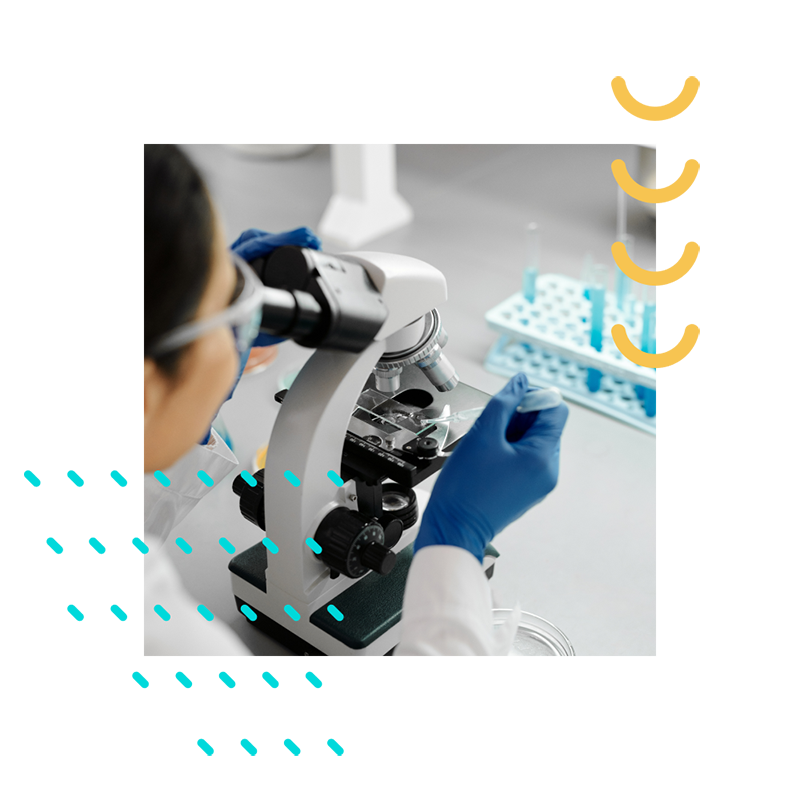
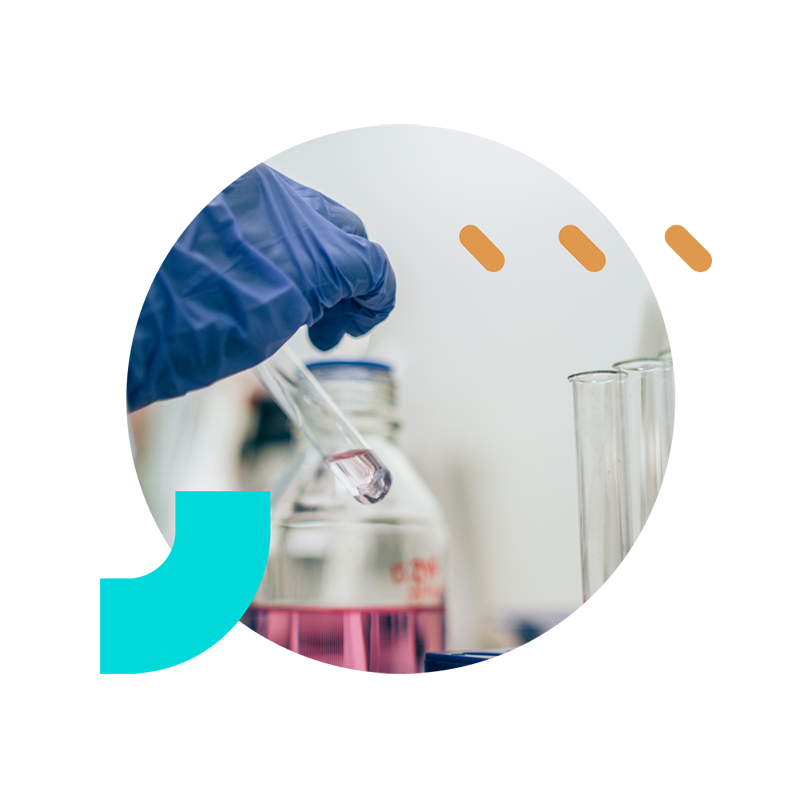
Vaccination status
Vaccinations not only protect against many pathogens when traveling, adequate vaccination protection is also recommended for children and adults at home. A blood test can be used to find out whether you still have sufficient vaccination protection. In addition, checking the vaccination status can also avoid vaccinations that may not even be needed.
Antibodies against Corona
The coronavirus antibody test shows whether you have an immune response to a coronavirus vaccination or have already recovered from an infection with the COVID-19 virus. A blood sample is required for this.
Many sexually transmitted diseases (such as syphilis, HIV or hepatitis) can be detected by a blood test. However, urine tests or smears are required to detect other common sexually transmitted diseases (such as gonorrhea, chlamydia or herpes).

Nowadays, more and more people are choosing a special diet because they suspect they have a food intolerance. On the one hand, the number of allergies and intolerances is on the rise, while on the other, lactose- and gluten-free diets have become an established trend in recent years. In order to recognize whether an allergy or intolerance is actually behind the supposed symptoms or whether it is merely a nocebo effect, a targeted diagnosis must be carried out.
Milk sugar intolerance (lactose intolerance) and fruit sugar intolerance (fructose intolerance) can be detected by a simple breath test. Other food intolerances and allergies, however, are diagnosed using stool samples, blood tests and skin tests.
In any case, the symptoms must first be described by a doctor, then the allergy tests must be carried out and then the results evaluated in order to obtain indications of a potential intolerance.
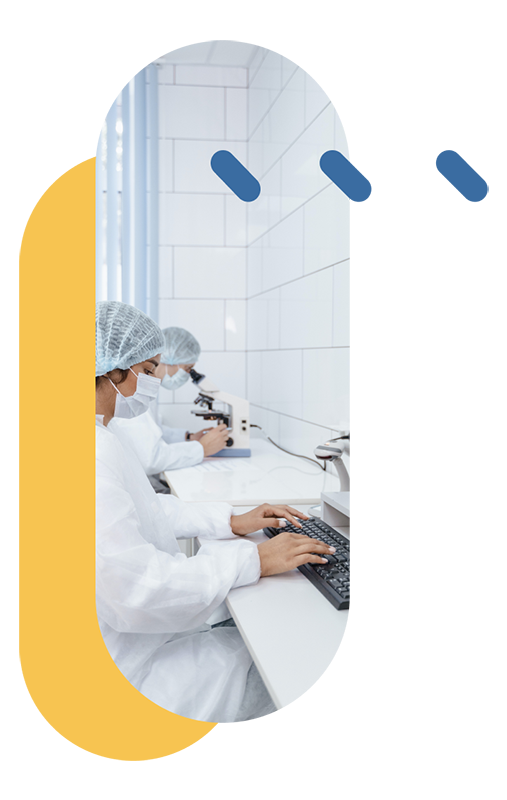
Thanks to modern analysis tools, we gain a comprehensive insight into our bodies, can identify illnesses before they break out and take control of our own health to a certain extent. It takes a lot of time, money and nerves to find out more about ourselves. Regular visits to the doctor, appointments and waiting times often put a damper on our motivation.
In general, we are willing to take responsibility for our own health, but we want support in the form of easy, low-threshold access to tests, low costs, easy appointment scheduling and availability, and digital technologies that support people in this.
New apps, for example, are a smart solution for minimizing communication channels and making information directly accessible. These act as a bridge between the doctor, laboratory, health insurance company and the patient, saving a great deal of time for all parties involved. And time can save lives in medicine.
This is why the government is also committed to the digitalization of the healthcare sector and has passed several important laws in recent years (
such as the Digital Care Act or the Hospital Future Act
) for the financial support and official use of healthcare apps and comparable technologies.
Probatix offers a future-oriented solution for health tests. By creating a digital test infrastructure, this software offers users the opportunity to have health tests mapped in perspective. As a result, laboratory and test center staff as well as test subjects benefit from faster and more secure data transmission.
After the initial on-site examination, patients can call up their medical data at any time using a mobile QR code. This eliminates the need for follow-up appointments by phone or in person. Medical staff have more time for other tasks and patients have immediate access to their results: Fast, direct and everywhere.
With Probatix, people can once again take responsibility for their own bodies and flexibly track their health at any time and any place. Probatix thus strengthens the prevention and early detection of diseases through smart software solutions.
Through their diagnostics management software in particular, they contribute to low-threshold services and promote new approaches to care as well as the digitalization of the German healthcare system.
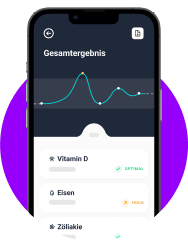
Choose a suitable health test from our wide range of products.
At a Probatix partner near you, a small amount of blood will be taken professionally – usually with a small prick in the fingertip.
Your result will automatically appear in your personal health portal. Including explanations and timelines.